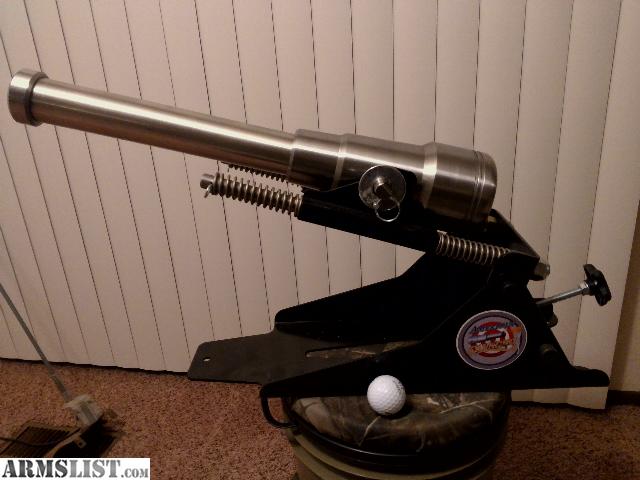The quest to anticipate roulette outcomes has fascinated mathematicians and gamblers for centuries. While traditional strategies rely on statistical models, recent technological advancements have introduced a new paradigm.
The Evolution of Predictive Approaches
Early mechanical prediction devices gave way to computer simulations in the late 20th century. Contemporary solutions leverage processing power unimaginable to previous generations, analyzing complex variables in real-time.
Artificial Intelligence Enters the Arena
Modern systems employ sophisticated algorithms that continuously learn from spin data. These platforms process wheel imperfections, ball deceleration patterns, and dealer signatures through advanced neural networks. The most advanced roulette ai predictor technology adapts dynamically to changing conditions.
When evaluating such tools, consider these critical factors:
- Real-time processing capabilities
- Adaptive learning mechanisms
- Statistical validation methodologies
- Hardware compatibility requirements
Practical Implementation Considerations
Deployment environments significantly impact performance. Casino lighting, wheel maintenance schedules, and even atmospheric conditions can influence results. The most effective roulette software accounts for these variables through multi-sensor calibration.
Discover cutting-edge applications transforming probability analysis at Spinsight’s platform. Their solution represents the convergence of theoretical mathematics and computational engineering.
Ethical implementation remains paramount. These tools serve best as analytical aids rather than guaranteed prediction systems. Responsible usage focuses on probability assessment within appropriate entertainment contexts.



